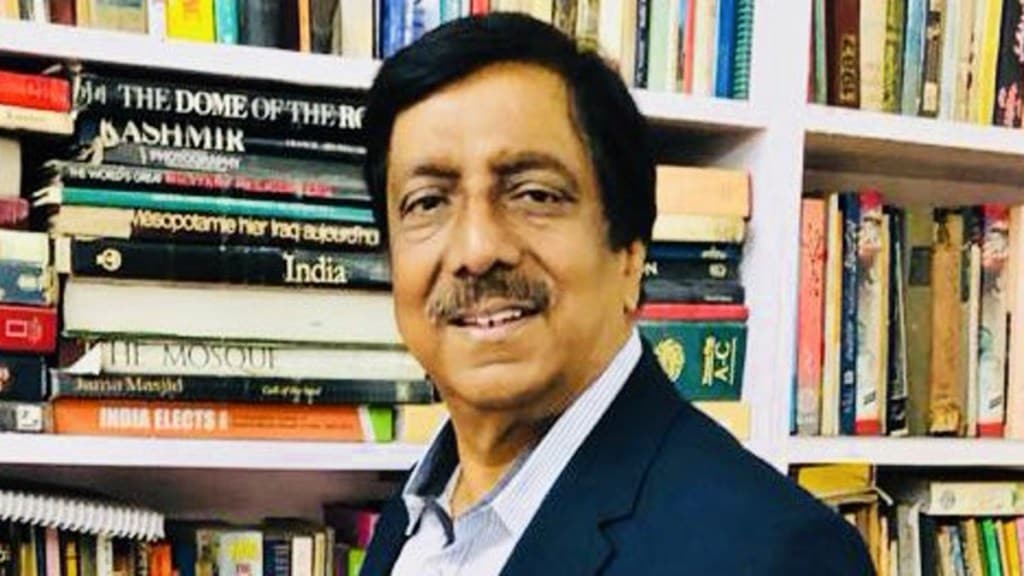Ahead of Lok Sabha elections, Shahid Siddiqui, the national vice president of the Rashtriya Lok Dal (RLD) on Sunday, tendered his resignation from both his party membership and his post, after RLD’s merger with the BJP-led National Democratic Alliance (NDA), a development that Siddiqui found incompatible with his principles.
Taking to his official handle on X, Siddiqui stated that he resigned from the party as he cannot “silently watch the undermining of all the institutions which have united and made India one of the great nations of the world.”
Also Read:Congress gets fresh tax notice, I-T asks to clear Rs 3,567 crore now
“Yesterday I resigned from the position of National Vice President of RLD & its membership. Me and my family stood up against Indira’s Emergency & today can’t silently watch undermining of all the institutions which have united & made India one of the great nations of the world. My regards & best wishes to @jayantrld & other colleagues in the party,” he said in a post on X on Monday.
Siddiqui gave two reasons for quitting. Firstly, he didn’t want to resign right away because he was happy about Chaudhry Charan Singh Ji receiving the Bharat Ratna award, and he didn’t want to appear against it. Secondly, he believes that when elected Chief Ministers and Opposition parties are targeted during elections, it’s like attacking Indian democracy and the important institutions we’ve built.
Also Read:‘India has done everything asked for till now’: US envoy on Gurpatwant Pannun murder plot probe
As Siddiqui bid farewell to his role within the RLD, he extended his “regards & best wishes” to Jayant Chaudhary, the party’s leader, and other colleagues.
After months of speculation, Jayant Chaudhary joined the NDA following the government’s decision to posthumously award his late grandfather, former PM Chaudhary Charan Singh, the Bharat Ratna. The BJP, eyeing Western Uttar Pradesh optimistically to achieve its ambitious goal of winning 370 seats independently, aims to solidify its support among the Jat community, who form the core base of the RLD, and secure victory in at least seven seats in the region.
The Jat community holds significant sway in around a dozen Lok Sabha and approximately 40 Assembly seats in Western UP. Despite constituting between 10 and 15 percent of the population in some 15 districts, their social prominence, vocal presence, and political mobilization capacity are noteworthy.
In 2014, the BJP clinched 24 out of 27 seats in the region, a number that reduced to 19 in 2019, with the SP-BSP alliance capturing all eight seats.
The Lok Sabha elections will unfold in seven phases starting from April 19. Uttar Pradesh, with its 80 parliamentary seats, will witness polling across all seven phases.
Amid shifting political landscapes in the state, the BJP is leading a formidable alliance, including parties like RLD, SBSP, Apna Dal (S), and Nishad Party, bolstering its electoral prospects. Conversely, while Samajwadi Party chief Akhilesh Yadav aligns with the opposition bloc, Mayawati embarks on the electoral journey independently.
Voting for the first two phases is scheduled for April 19 and April 26, followed by phases three and four on May 7 and May 13. The Uttar Pradesh electorate will then participate in phases five, six, and seven on May 20, May 23, and June 1, respectively, with votes slated to be counted on June 4.
